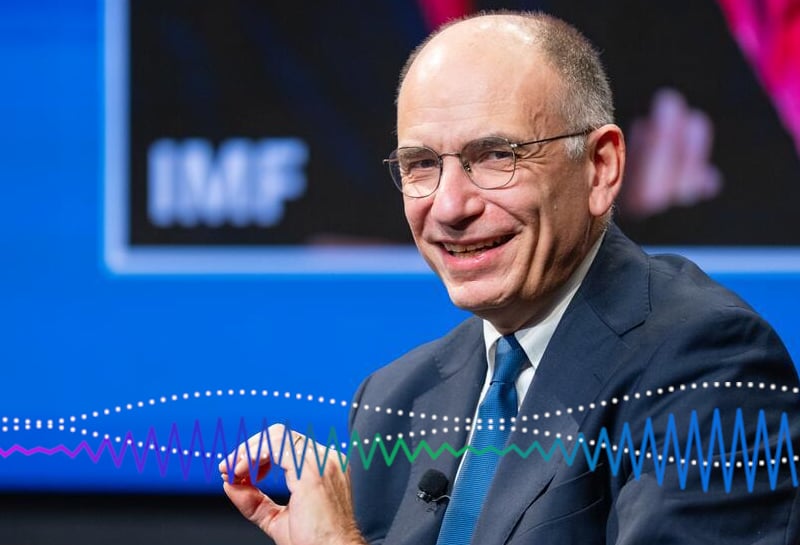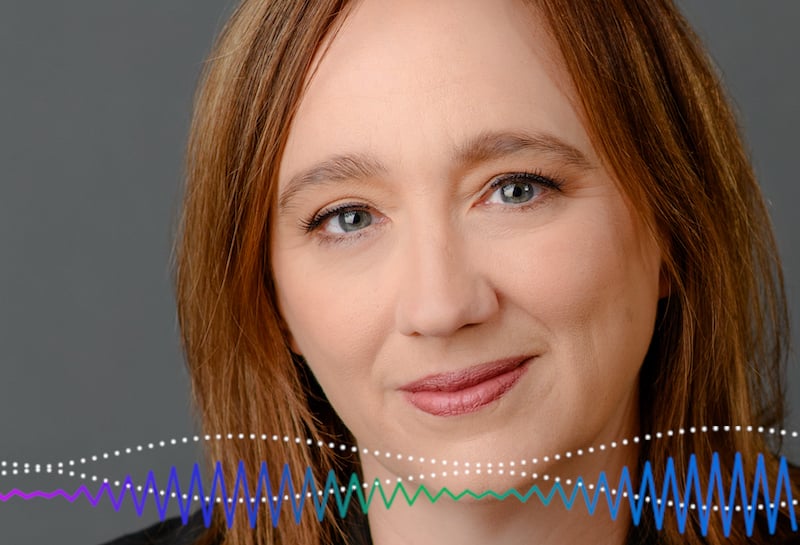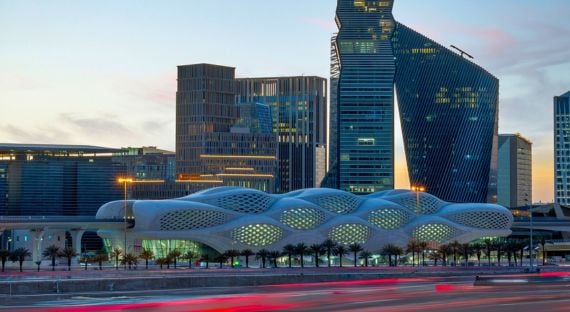News
Press Briefing | January 15
IMF's Communications Department Director Julie Kozack discusses the latest developments related to key economic issues, and answers questions about Ukraine, Senegal, Argentina, Sri Lanka and more.
Remarks by Kristalina Georgieva, IMF Managing Director
Opening Remarks at the 2025 China Article IV Consultation Press Conference
Latest News
- February 7, 2026IMF Executive Board Concludes the 2025 Article IV Consultation, Seventh Review under the Extended Credit Facility Arrangement, and Third Review under the Resilience and Sustainability Facility Arrangement with Cabo Verde
- February 6, 2026IMF Management Approves the Third Review of the Staff Monitored Program with Equatorial Guinea
- February 6, 2026IMF Executive Board Concludes 2025 Article IV Consultation with Malta
- February 6, 2026Statement by IMF Deputy Managing Director Kenji Okumura at the Conclusion of His Visit to Burkina Faso
- February 6, 2026IMF Reaches Staff-Level Agreement with Zimbabwe on a New Staff-Monitored Program
- February 5, 2026Boosting Trade and Economic Integration Across Europe and Africa
- February 5, 2026IMF Executive Board Concludes 2025 Article IV Consultation with The Bahamas
- February 5, 2026Israel: Staff Concluding Statement of the 2026 Article IV Mission
Email Notifications
Sign up to receive free e-mail notices when new series and/or country items are posted on the IMF website.
Podcasts
Johan Norberg on What Makes and Breaks Golden Eras
The most prosperous of civilizations were the most open. The Romans, for example, expanded their empire by integrating the populations they conquered, creating a melting pot of new ideas. Johan Norberg’s latest book, Peak Human, examines the rise and fall of seven golden age civilizations. In this podcast, he says that if openness to learning and trade are what great societies make, building walls to protect their dominance often sparks their demise.
Enrico Letta: Harnessing Europe's Single Market
The idea of European integration through a single market was to capitalize on the EU as a whole. However, EU member states now appear reticent to pool sovereignty to the degree required to counter the geopolitical challenges of today’s world. Enrico Letta is President of the Jacques Delors Institute and a champion of Delors’ vision of creating a fully integrated European economic space. Letta says the adaptation of the single market should include all sectors rather than a select few and that fragmentation is holding Europe back.
Claudia Sahm on how Private Data can Augment Official Statistics
While official statistics compiled by government agencies are still considered the most reliable, policymakers are increasingly using private data to get around their limitations. Former Federal Reserve economist Claudia Sahm says the immediacy and granularity of private company data should serve as a complement to traditional data, not as a substitute.
Country Focus
Business Growth and Innovation Can Boost India’s Productivity
Strengthening innovation could help boost productivity growth by 40 percent, equal to adding the output of the country’s fourth-largest state economy
Canada Can Grow Faster by Unlocking Its Own Market
Knocking down internal trade barriers could boost output in Canada by 7 perc
Saudi Arabia’s Path Forward Amid Lower Oil Prices
Prudent fiscal policy, vigilant financial oversight, and deeper labor and investment reforms can keep Saudi Arabia’s transformation on track









